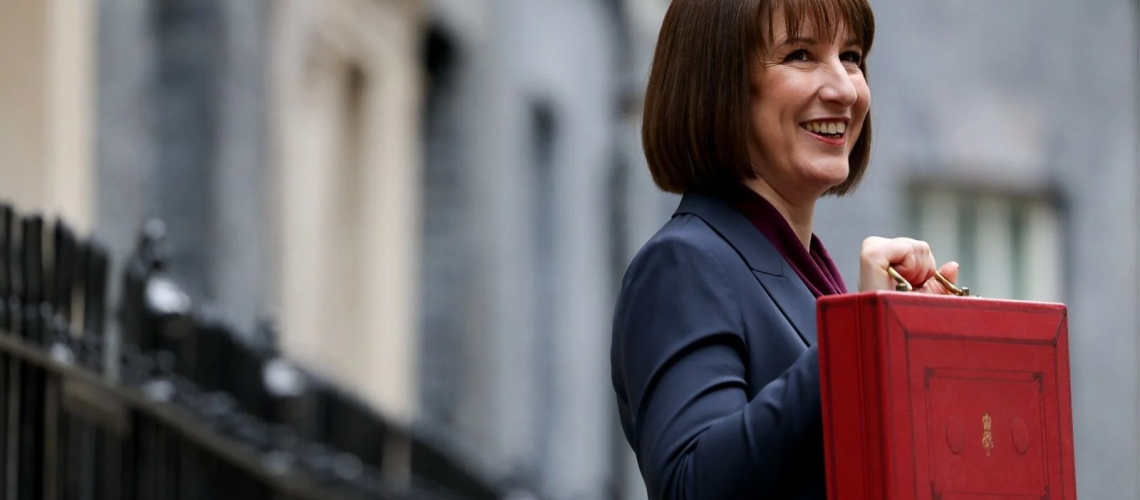The rhetoric of the speech is over, the cheers and boos in the commons are past – its now time to look at what the 2024 Autumn Budget means for the UK economy. So, what are my reflections on the Autumn Budget 2024?
Yeah no-one likes tax rises, but actually it is the bias towards taxing one section of the UK, business, that feels like its a problem. State spending is going to vastly increase at the detriment of the private sector spending – because private sector businesses will be paying the majority of the extra taxes and, for some businesses, extra wage costs because of the bigger than inflation increase in the minimum wage. The consequence of higher costs for business is likely to be either lower wages and lower wage rate increases or higher prices or both… with inflation forecast to rise again in 2025. Interest rates were forecast to reduce by the end of 2024 and whilst that may happen, they are likely to stay higher into 2025 rather than reducing more because of the forecast increase in inflation.
Forecasts of economic growth suggest a very slightly better 2025 but a worse 2026 following the Autmn Budget changes. Driven by increases in government spending which will give a bit of a pump to some areas of the economy. Of course, the Chancellor has a chance to change things again every year, but how can you take advantage of the forecast economic growth?
There are some changes in the Autumn Budget that are likely to be particularly detrimental to sections of the economy – has the Chancellor thought through the consequences?
The first of these is the change to remove 100% inheritance tax relief from farmland and introduce a 20% death tax. This new tax is likely to mean that farms get broken up and land sold off to pay the inheritance tax. The problem is that small farms aren’t economically viable, you need maybe 1,000-acres plus before farmers can even make a proper living. Yet somebody inheriting a 1,000-acre farm would need to pay £1.8m in death duties, yet they might only earn £100,000 to £50,000 per year from that land. In fact, it is likely that anyone with more than 100 acres will end up paying this tax. Because farmland is expensive by comparison to the amount of income it generates. Will the unintended consequence of this tax change be the end of independent farming as we know it? Or just more clever tax planning? Similarly, the change affects woodland – are we going to see woodland sold off and chopped down for housing estates?
There is a change to the taxation of double cab pick-up trucks-a change that Rachel Reeves thinks will raise lots of tax. Which more probably means a big reduction in the number of this type of vehicles that will be sold in future, as businesses try to avoid paying that tax.
Media reports about marginal profit businesses with already large employers NIC bills, like children’s nurseries, residential care homes and GP surgeries, show that the tax change will cause difficulties. For example, the government’s free childcare scheme is already not paying enough to cover the costs. Now that cost has gone up, will the government properly fund their scheme or will more nurseries close? Of course, only time will tell if this is a good budget or not – but my opinion is that the Chancellor missed an opportunity to be big and bold with tax changes. Instead she found ways to potentially hurt businesses and the well off. The much-vaunted changes to tax private education is potentially going to cost more tax than it raises and seems to be made from a position of spite or envy rather than fiscal good sense. In the past hurting the wealth creators has often ended up costing more than it earns. But as I said, time will tell and let’s see what history says about this Budget.







